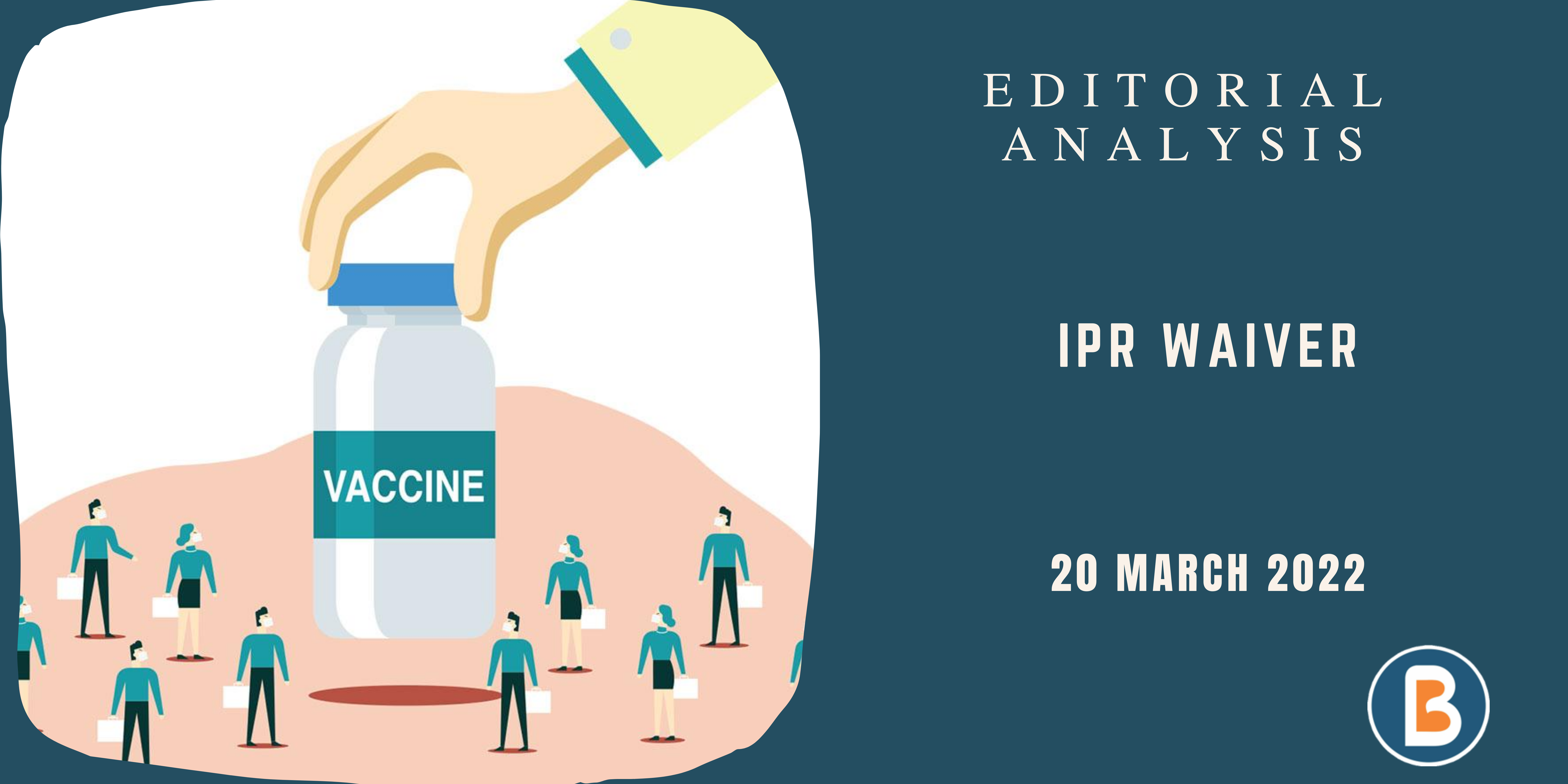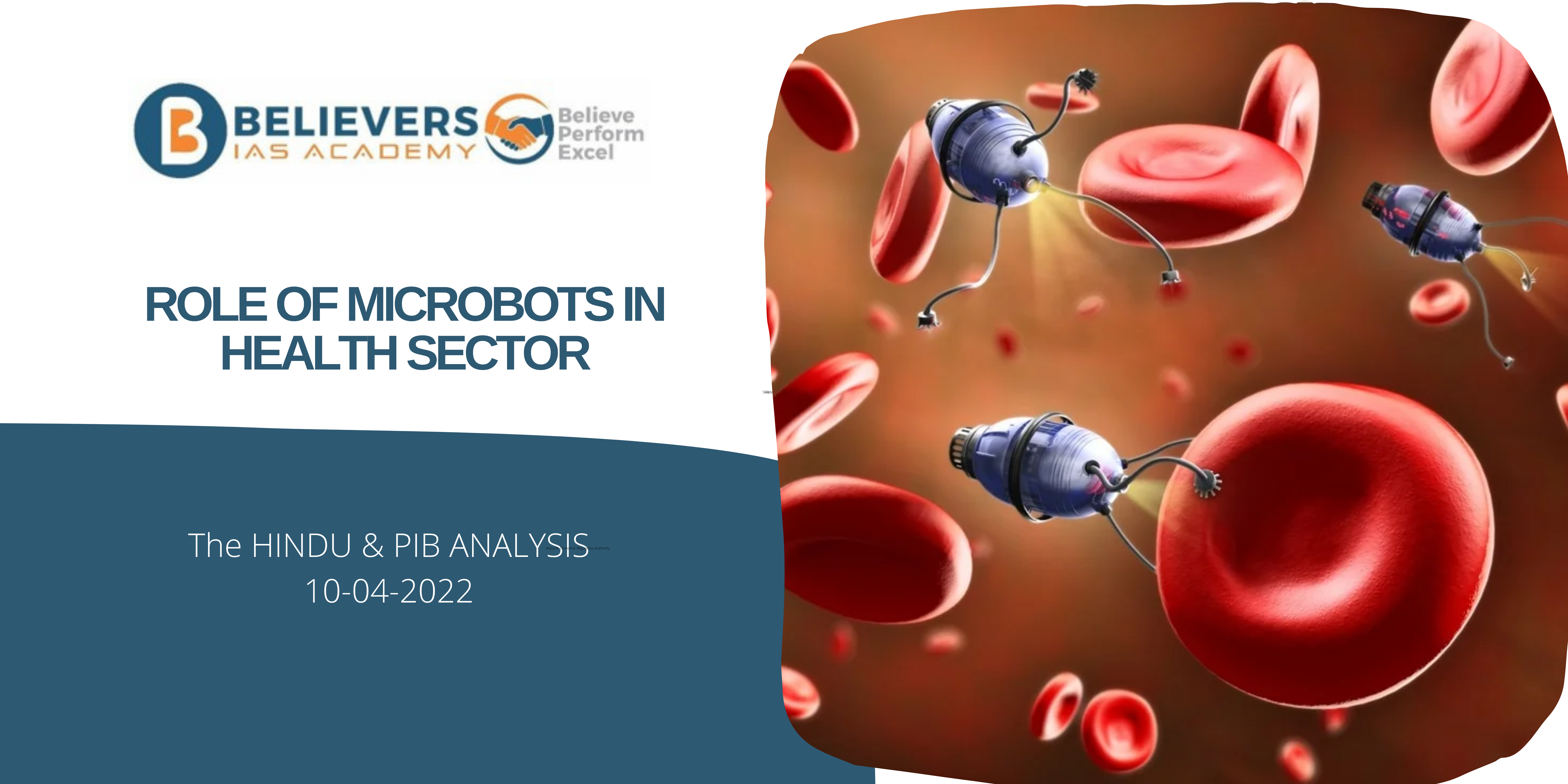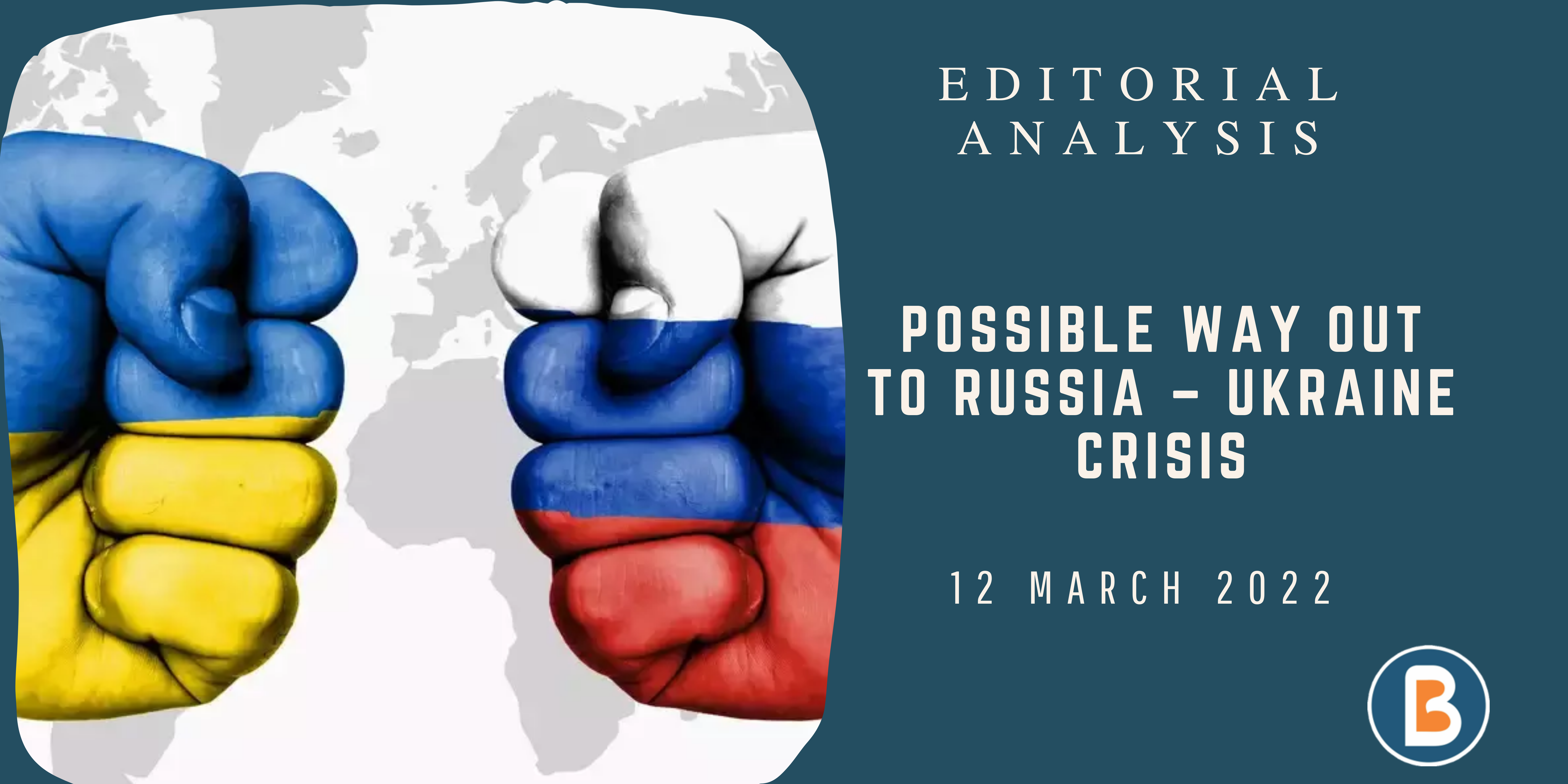IPR Waiver
Context:
• Earlier in 2020, India and South Africa had jointly proposed to remove restrictions of IPR.
• This was asked for the use of Covid vaccines, medicines and other related equipment.
• Now there is a consensus in sight on the pending proposal.
Background:
• Ethically if the proposal is accepted, it would be a great boost in fighting the pandemic especially the third world countries.
• Such a waiver would aid scaling up of local production, critical to ensure wider access to affordable and effective vaccines.
• Most of these patents are held by pharmaceutical companies in the U.S. and the European Union.
• The waiver proposal was blocked at the TRIPS Council and the WTO ministerial Council though there have been several rounds of discussions involving ministers of several WTO member-countries.
• In the last year though 100 countries, including the U.S., supported the proposal, the EU remained a stumbling block. But now the EU too appears to be calling a truce.
What are the Challenges?
• Critics say that central to the process of vaccine manufacturing are ‘trade secrets’ that specify the ingredients and chain of steps necessary to make them.
• The current waiver doesn’t automatically compel patent rights holders to share this information with a potential manufacturer for free.
• Another drawback is that this waiver is limited to vaccines. The original proposal sought a waiver on therapeutics and diagnostics and the agreement only says that a “discussion” on this can be held after six months.
• Access to new drugs and diagnostic technologies are necessary to keep people safe everywhere.
Implications:
• The pandemic isn’t over, and despite the widespread adoption of vaccines, (many of them employing very novel technology platforms such as mRNA and adenovirus vaccine technology) the evidence is overwhelming that vaccines are only protective against severe disease but ineffective at curbing transmission.
• It is possible that vaccines developed using the early strains of the virus may become ineffective over time and newer ones, potentially employing newer approaches, may be necessary in the months and years ahead.
• As relatively few countries have expertise in making vaccines, a waiver of this sort could help improve global access.
• These same set of reasons, critics of the draft say, could be used to argue that such a waiver for vaccines is too little, too late.
• Global facilities such as COVAX, that are charged with ensuring all countries get vaccines now have too many vaccines — a flip from merely three months ago — when there was a scarcity.
• India too has multiple manufacturers and technology platforms, and more than 60% of the population is fully vaccinated. All this, without patent waivers.
• While pharmaceutical patents have historically been impediments to the manufacture of affordable, high-quality drugs, the global nature of the pandemic has seen that even though richer nations hoarded vaccines, prioritizing multiple inoculations for their citizens, over even a single shot for African countries, intellectual property rights on its own didn’t prove to be a hurdle.
Source: THE HINDU




